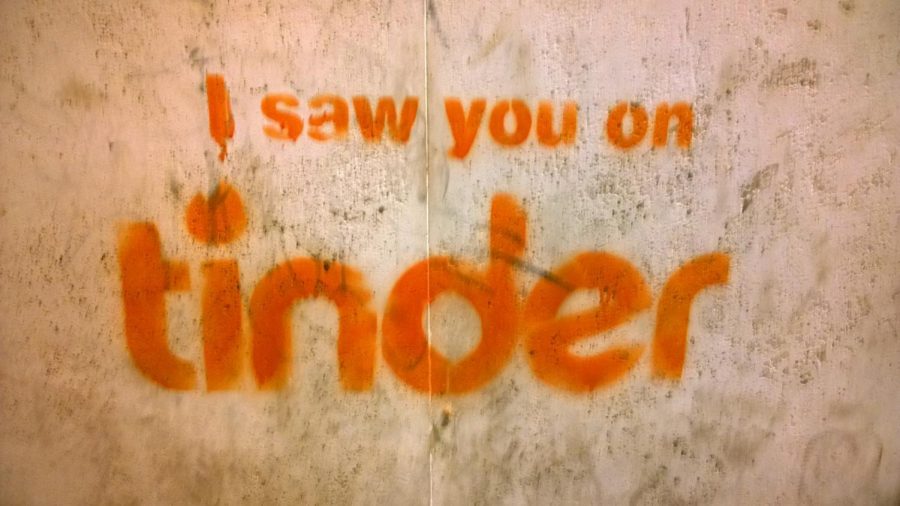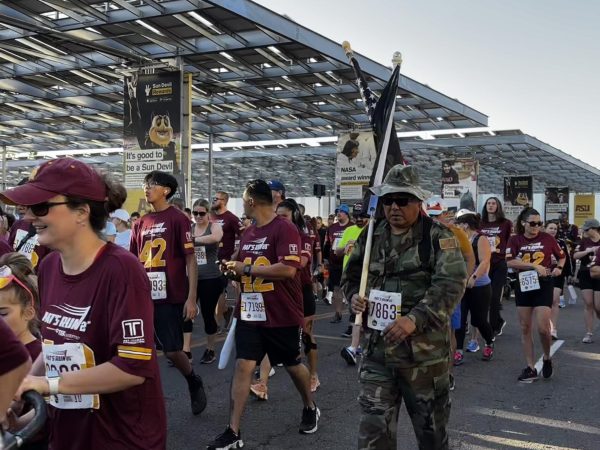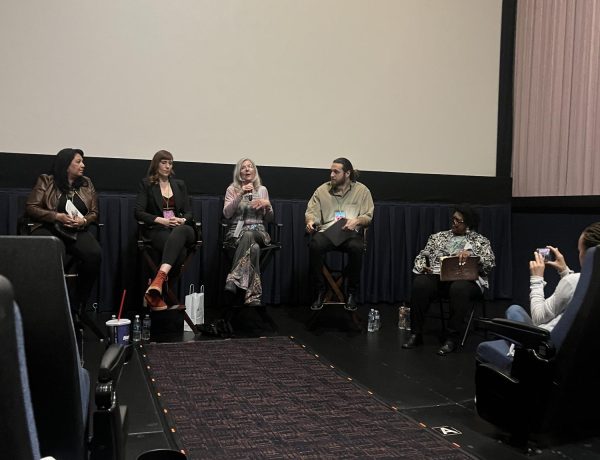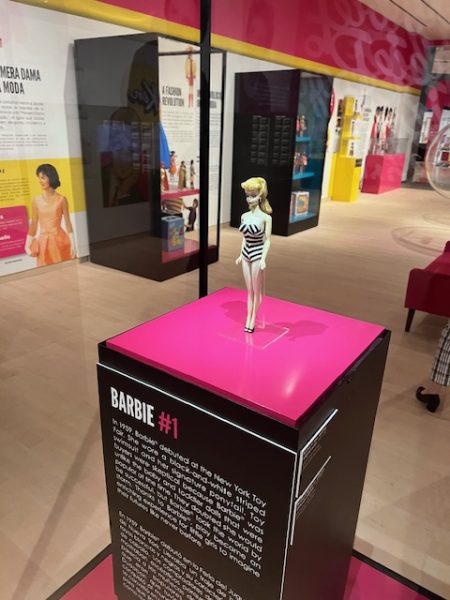A modern look on hookup culture
Photo courtesy of Denis Bocquet/Flickr
“I saw you on tinder,” tagged along a wall
April 23, 2018
Hookup culture among today’s generation is the free choice to casually have sexual encounters with others without the inclusion of emotional connection or the plans of withstanding a long-term relationship.
According to a September 2015 Vanity Fair article titled, Tinder and the Dawn of the “Dating Apocalypse,” the dating app, Tinder, simply supplies an avenue for meeting casual sex partners but it’s the “game” of each participant that makes the hook up individualized as well as questionable.
But what does a hookup entail and just how many people in the U.S. hookup?
A hookup can be anything physically intimate and anything not crossing the lines of physical gratification.
In an article by sciencedaily.com, a study conducted at the University of Nebraska-Lincoln in 2011 compiled college students’ claims of regular hookups. Fifty-four percent reported “hooking up” within the academic year.
Many studies have only narrowly focused on heterosexuals or women, giving a very limited and generalized perspective of the trend itself.
Without a doubt, the media, music, television and books all influence sexuality and how comfortable we are talking about it.
But so do people.
Hookup culture has become so prevalent that most people don’t even question it.
Diana Mustafa is a Scottsdale Community College student who emigrated from Iraq to the U.S. and thinks that hookup culture is wrong.
Mustafa, who is Muslim, described living in Iraq where women are forbidden from having public relationships.
Mustafa is from a region where arranged marriages are very common but that was not the life she wanted to live.
“Not just because of my religion… I want to find the right person at the right time, at the right age, not too young. I want to reserve it for someone I love,” Mustafa said.
The way she grew up had a lot to do with her thoughts about the culture in America today.
“I started watching Friends and I was so surprised, I was like wow, are people really like this? It was just the hooking up with people,” she said.
Faith in herself and her morals have driven her to stay independent.
“I want to be myself. I don’t want to think about relationships I want to finish school,” she said. “You give someone yourself physically, but you don’t give them yourself emotionally.”
Mustafa also believes sexually transmitted diseases and risk of pregnancy are more repercussions of being involved with a lot of partners.
“A lot of people are careless about these things. You shouldn’t be, it determines your life,” she said.
Hookup culture seems like a one-sided issue for most people, yet some view it and deal with it differently.
Quintin Owen Crank, a student at Coconino Community College, supports open sexuality of all people.
“Sex positivity is necessary for healthy relationships and for the maturity of sexual preferences. To shame sexuality is to create space for otherwise safe and consensual sexual practices,” Crank said.
Crank is open about giving the LGBT community a voice.
“As a queer, effeminate man of color, I face femme shaming in hookup culture, as well as sexual racism that masquerades as a preference,” he said.
When it comes to the word on hookup culture, Crank thinks the negative judgement and demonization of sexual encounters is the real problem.
“We have normalized hookup culture to permit no emotional intelligence which can lead to objectification and the dehumanization of one’s sexual partners,” Crank said. “We can critique sexual encounters that lack sexual maturity that relies on emotional maturity.”
Crank expressed feelings of discrimination in the LGBT community.
He pointed out that safe sex with regard to homosexuals is largely excluded from the classroom, making it very difficult to gain information on healthy ways of embracing who one is and what one does with their body.
But for Crank, what is a problem for one is a problem for all and he understands the issues the misunderstanding of the culture presents.
“Unfortunately, we also lack impulse control and love immediate gratification and choose to ignore the information that delays our gratification,” he said.














Denise • Apr 24, 2018 at 8:15 pm
Great article!!!